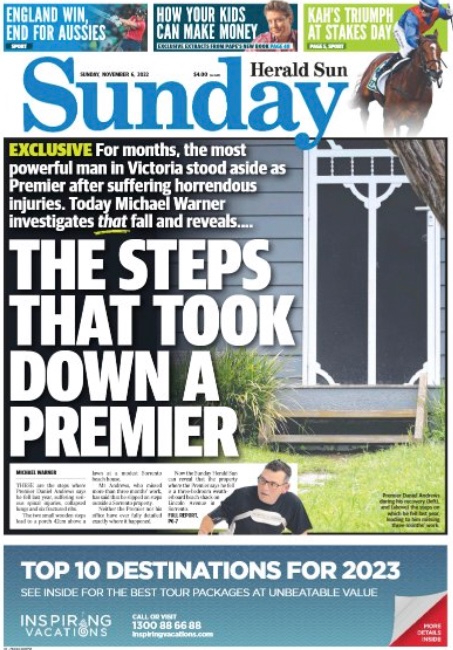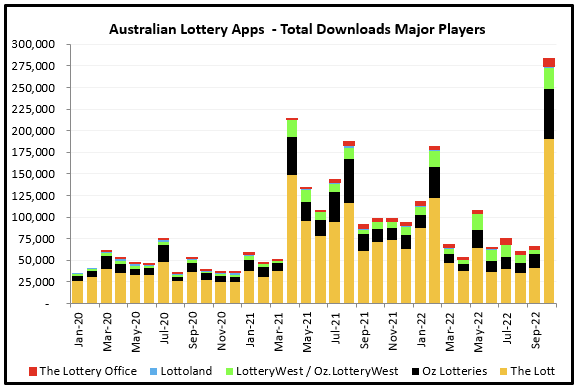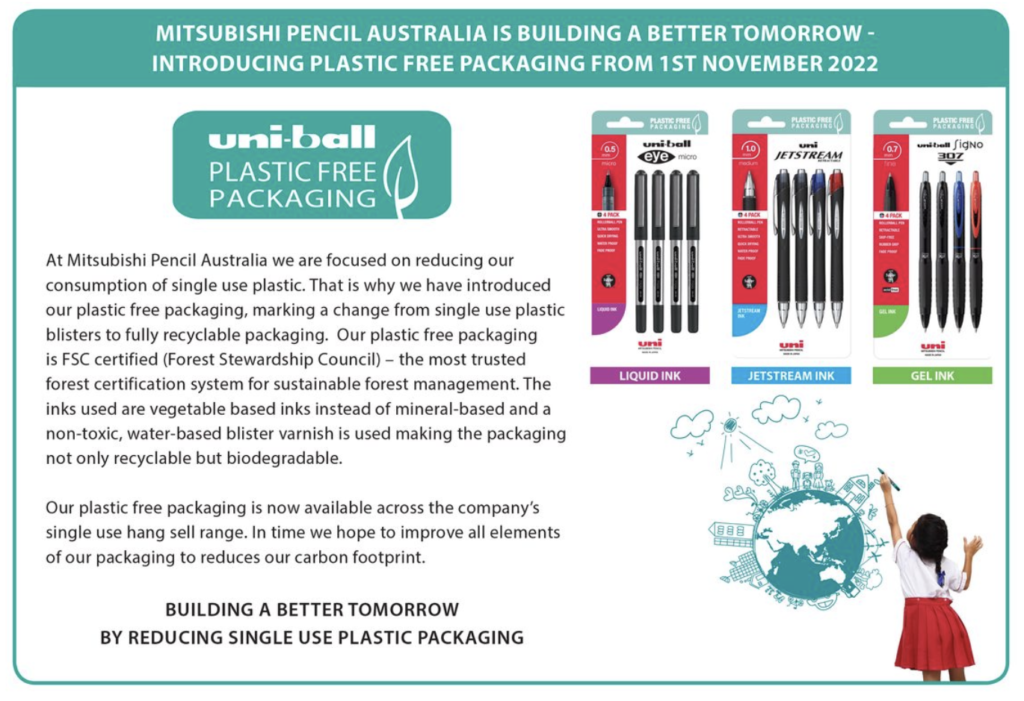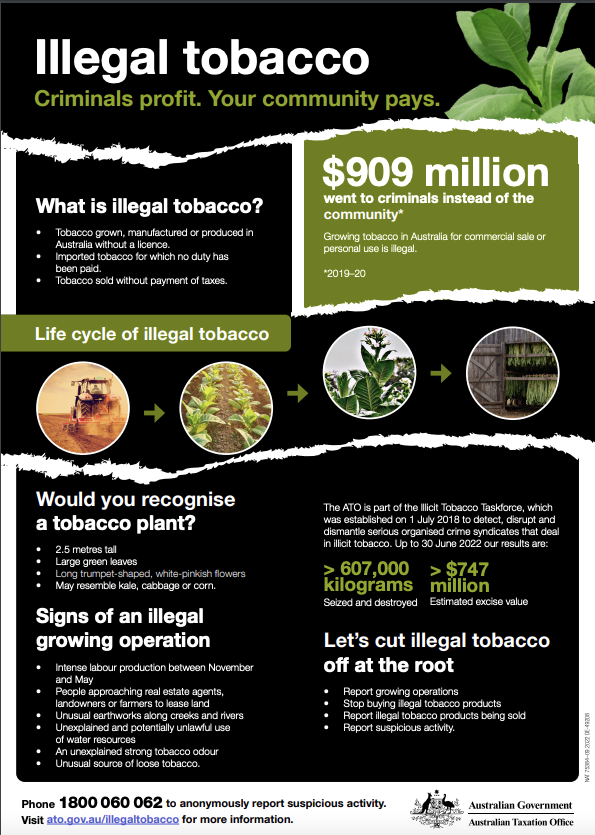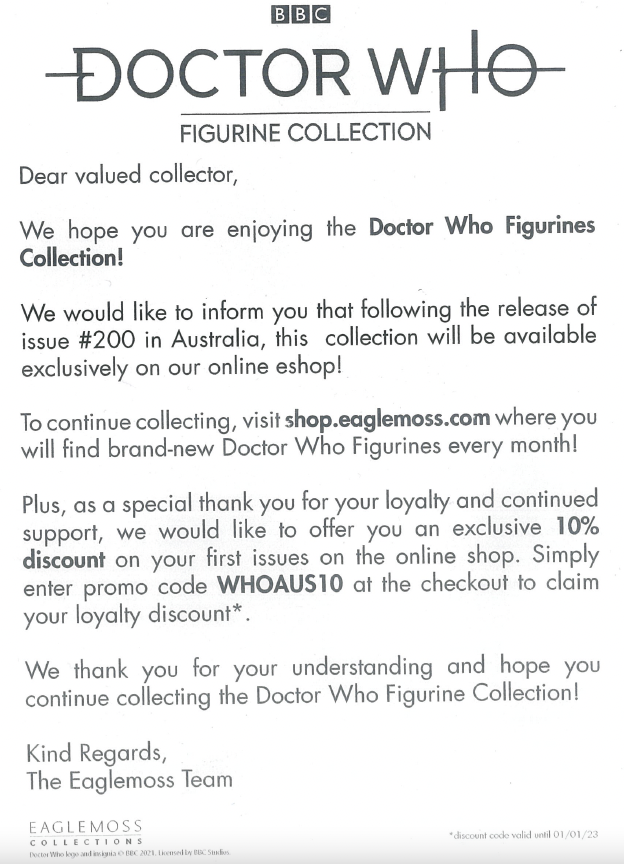News Corp. makes it so difficult to cancel a subscription to The Australian that some are bound to give up
A couple of weeks ago I signed up for a digital subscription to The Australian because there was a story I wanted to read and I figured $4.00 was okay since I could cancel.
Two days ago I decided to cancel, before the end of the initial $4 period offer. I figured I’d go to the New Corp. website for The Australian, login to my account, click cancel, and be done. No, not so easy. In fact, it was hard, messy and slow, close to impossible.
News Corp puts up a ton of barriers on The Australian website, demonstrating a clear disinterest in even basic customer service.
I went to my account on their website, clicked manage my subscription, clicked cancel and the website provided a phone number. I thought that’s odd, I must be able to cancel without speaking to anyone. Anyway, I clicked chat, and here’s how that went.
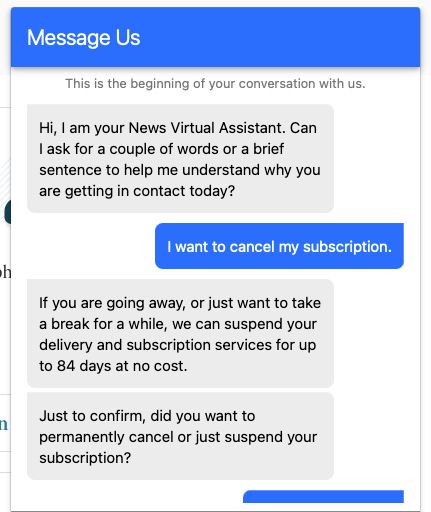

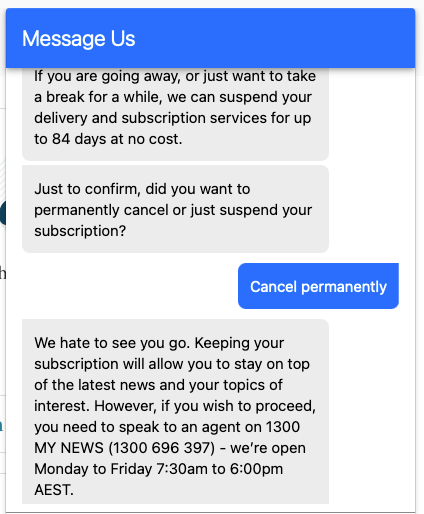
So, I called, navigated their phone system, and eventually got to speak with someone. They were courteous, but not keen for me to go. I had to repeat I want to cancel several times before they agreed to take that step for me – but not before they wanted to know why I wanted to cancel and not before they pitched an offer for me to stay, two weeks free I think.
That phone call took between 5 and 7 minutes, all for a subscription that is cents a day. I wondered how many people would stay with the company going through that. It must be enough for them to have this commercial business model of barriers in place making it so hard and time consuming and threatening almost to cancel.
My customer experience with News Corp was frustrating, time consuming, off-putting. While the person I spoke to was courteous, it should not take me asking multiple times to cancel. The experience was bad enough that I won’t sign up again, even if I am desperate to read an article. Cancelling took too long, their obsession with wanting to know why even though I said it was none of their business was rude, confronting.
I get that I am not a natural News Corp customer – I think they negatively impact our democracy given the political lobbying campaigns they run dressed up as news under their mastheads – but I was a customer for a brief while and the process of ending that was appalling, so much so that I want to tell others considering subscribing with News Corp – don’t as they make it way to hard to leave them … appalling customer service.
The thing about online is that people was a frictionless experience, smooth, enjoyable. The News Corp experience was anything but. For a company that shouts everyday at some politicians and everyday people – telling us what to think, how to behave, they could do well to focus inwards and yell at themselves. Their online house needs to be improved.
On a scale of 0 to 5 rating the News Corp online subscription cancellation experience where 0 is appalling and 5 is excellent, I’d give it a .5 – primarily because the website did not crash at least and their phone system did not auto hang up on me.
